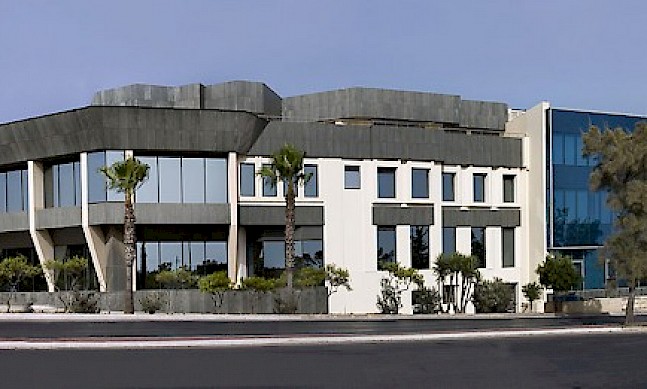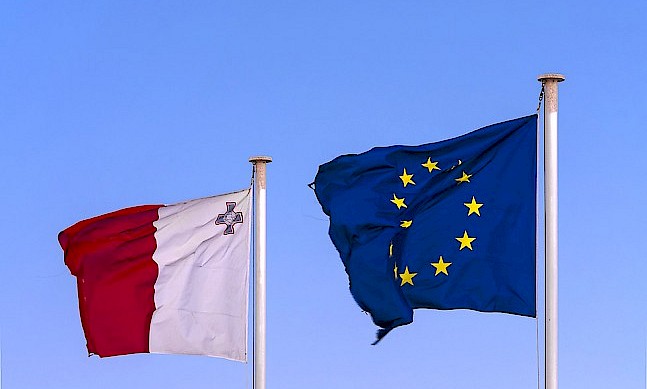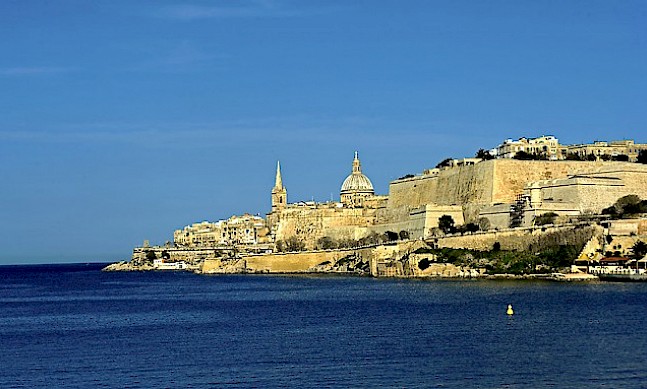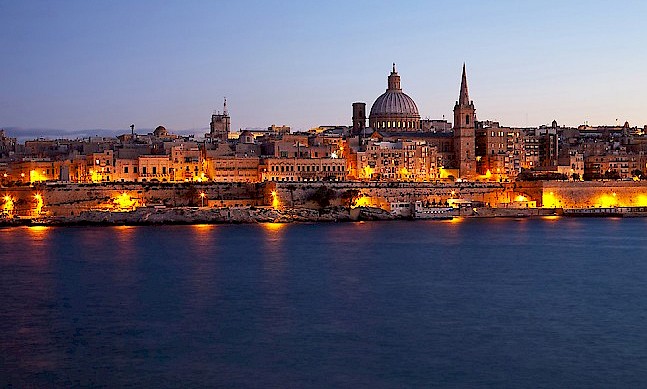An auspiciously-timed revolution in Malta’s financial services industry has seen the country emerge as one of the EU’s most attractive finance centres, using its agility to create innovative products and capitalising on the skills of its highly-trained workforce.
Since joining the EU, consistent growth in Malta’s financial services sector has come through the highly regarded administration of investment funds, asset management and other technical financial services. As well as regulatory vigour and beneficial tax treaties, the development of new products helped bring more direct foreign investment to the country than any other sector.
Having experienced half a dozen different focuses in modern times, the economy is now more than ever in need of a sizeable, highly skilled workforce, sourced both from its higher education institutions as well as the greater EU market. “Some years ago, somebody training in mathematics would become a school teacher,” says Joseph Bannister, chairman of the Malta Financial Services Authority, which regulates and oversees the whole industry. “Now they can become an analyst, an econometrician or a modeller, so the expansion is right across the sector.”
It is a sentiment that is echoed by Malta’s finance minister Edward Scicluna, himself a former MFSA chair. He is keenly aware of the need for the kind of stability the country is enjoying in attracting serious institutions. “Malta has passed through various phases,” he points out. “It was once a military base, we then moved on to the industry sector, tourism, financial services, i-gaming and IT-related back office industries. Now the next phase is for Malta to become a service centre for the region.”
The MFSA-run educational consultative council has been monitoring the graduate training market to better establish how to meet the specific requirements of the industry. “If there are situations where they need some expertise from abroad, then we are happy to work on that”, says Joseph Bannister. “In terms of training both for the industry and the authority, we are always at the forefront.”
Staying there means constant innovation, which Malta has in spades. The country is now pitching itself as the EU go-to for the issuing of Islamic sukuks, the low-risk bonds made more attractive by the ownership of a well-defined asset, and opportunities continue to grow as the nation begins to attract increasing numbers of investors and high net-worth-individuals from the Middle East and North Africa, enticed by the country’s geographical proximity, EU membership and, more importantly, its excellent wealth management, estate planning and corporate finance offering.
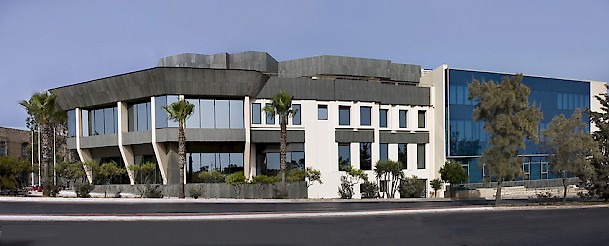 The MFSA’s headquarters in Valletta. Photo: MFSA
The MFSA’s headquarters in Valletta. Photo: MFSA
Innovation through regulation
The Malta Financial Services Authority (MFSA) has been regulating the industry since 2002. Increasingly proactive in its approach, in 2004 Malta became the first EU country to offer protected cell company status to the insurance sector. In 2013, new regulations were introduced to provide for the authorisation of reinsurance special purpose vehicles (SPRVs), making Malta a key jurisdiction for alternative risk transfer. “We are not creating new regulation,” says Joseph Bannister, chair of the MFSA, “but simply taking the existing regulation and seeing how we can come up with modifications which will not infringe any legislation or any directive. That will give the industry the edge.”





